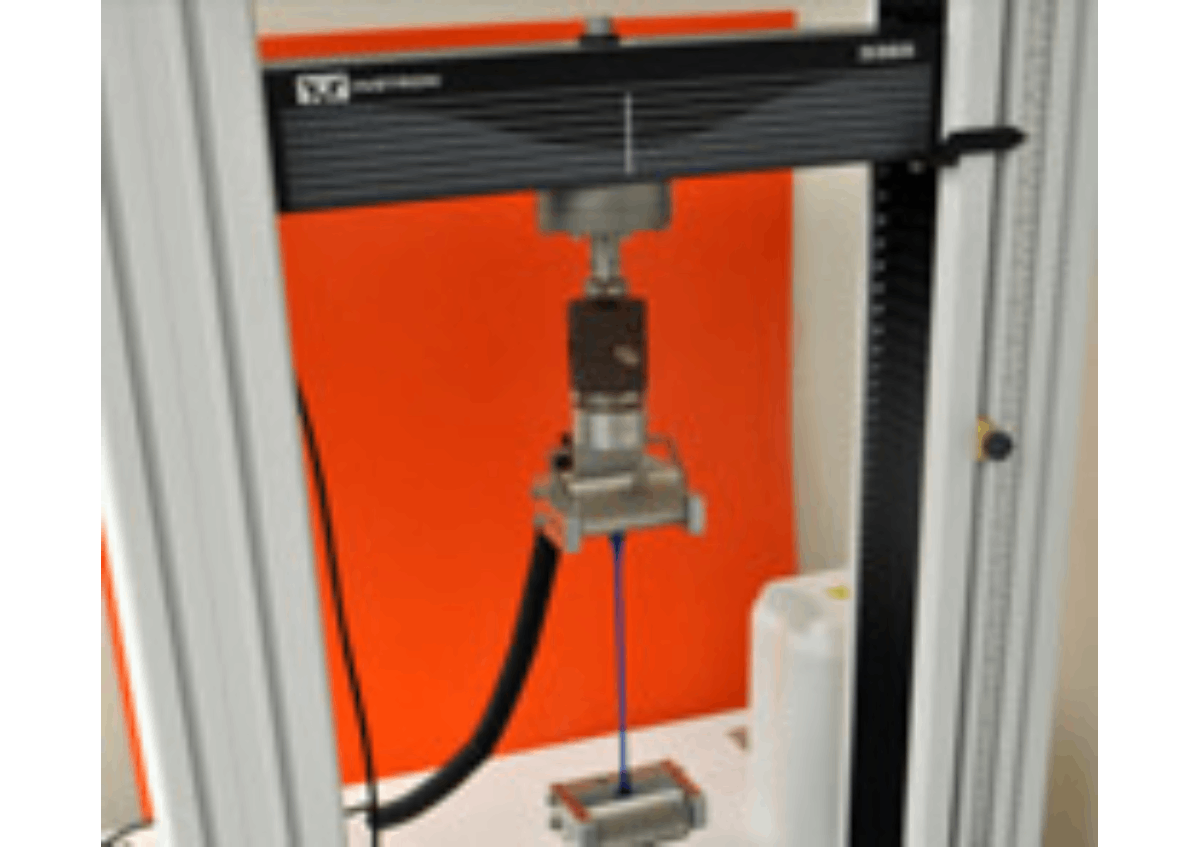

At RAMPF, product quality and consistency is a top priority. As various products are manufactured, our quality control (QC) team conducts a variety of tests on both simple, uncured materials as well as mixed and cured polymers. Our technicians utilize laboratory equipment that is frequently inspected, calibrated and certified as accurate. The QC results are then recorded and retained as needed should any questions about product performance arise. Our goal: to provide customers with polyurethanes that exhibit outstanding batch-to-batch consistency and meet the specifications as stated on technical data sheets.
Physical Properties
We begin our QC process by drawing samples of the initial product mixture and testing such properties as:
Additional tests are conducted based on the material being manufactured. For example, the percentage of NCO in a prepolymer is verified to ensure that the product will cure and perform as expected when the customer molds a part.
Cured Characteristics
Quality tests on cured product samples include hardness and shrinkage; both properties are critical considerations in selecting polyurethanes for a specific project. NOTE: The laboratory measurement of shrinkage must be supplemented by the customer before beginning a new casting project because shrink can be affected by release agents, mold configuration, casting thickness, and ambient temperature.
A number of other performance properties are verified according to the class of product to ensure that the expected in-service capabilities will be achieved.
Customer-specific quality tests may also be conducted, such as the compression strength of polyurethane foams.
For more information about testing procedures, please contact rgi-officestj@rampf-group.com.
Have questions about a product? Want something custom made just for you?
Get in touch with one of our expert sales-representatives for more information about our products.
© 2021 Innovative Polymers - All Rights Reserved
| Cookie | Duration | Description |
|---|---|---|
| cookielawinfo-checkbox-analytics | 11 months | This cookie is set by GDPR Cookie Consent plugin. The cookie is used to store the user consent for the cookies in the category "Analytics". |
| cookielawinfo-checkbox-functional | 11 months | The cookie is set by GDPR cookie consent to record the user consent for the cookies in the category "Functional". |
| cookielawinfo-checkbox-necessary | 11 months | This cookie is set by GDPR Cookie Consent plugin. The cookies is used to store the user consent for the cookies in the category "Necessary". |
| cookielawinfo-checkbox-others | 11 months | This cookie is set by GDPR Cookie Consent plugin. The cookie is used to store the user consent for the cookies in the category "Other. |
| cookielawinfo-checkbox-performance | 11 months | This cookie is set by GDPR Cookie Consent plugin. The cookie is used to store the user consent for the cookies in the category "Performance". |
| viewed_cookie_policy | 11 months | The cookie is set by the GDPR Cookie Consent plugin and is used to store whether or not user has consented to the use of cookies. It does not store any personal data. |